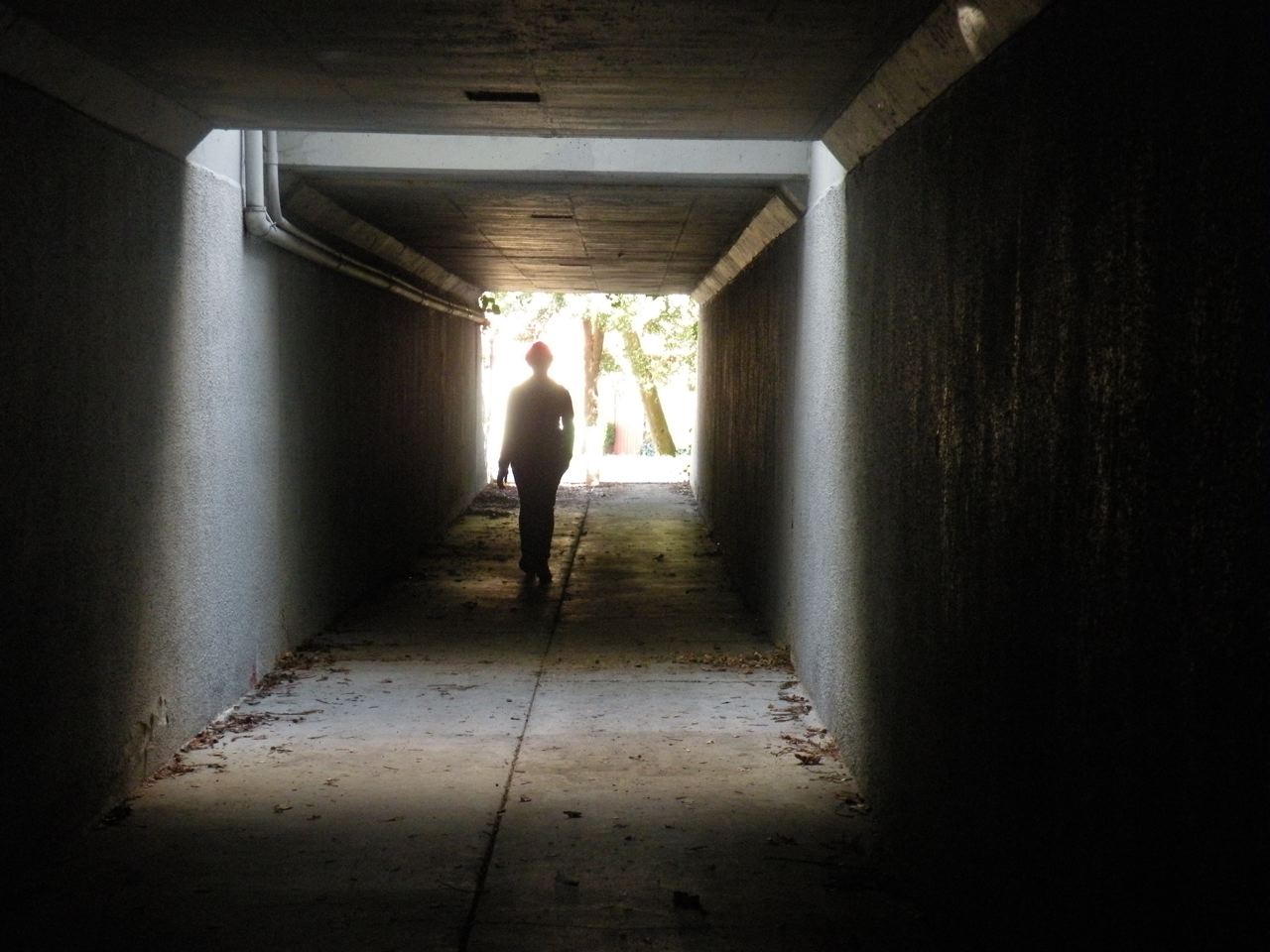“It’s enough for me to be sure that you and I exist at this moment.”
—Gabriel Garcia Márquez, 100 Years of Solitude

Send me your questions in written form so that I can see your thoughts in advance of my response. I want to see your intuition mapped out fine as the Saharan sand that now drifts inside the borders of France. To reclaim and to consider that our own personal horizons are simply a fated line of slow-moving clouds evolving into spontaneous prayer or recognizing the speaker’s voice is coming from inside you. In this story, we must learn when to interrupt and when to no longer be polite. When the speaker realizes it their turn to show up and be the hero. Beneath the froth and fury, a reflexive style of aversion to perceived risk, we will ride out the drama organized before we were even born. I must admit what I really want is to see the body formed from your words.

























